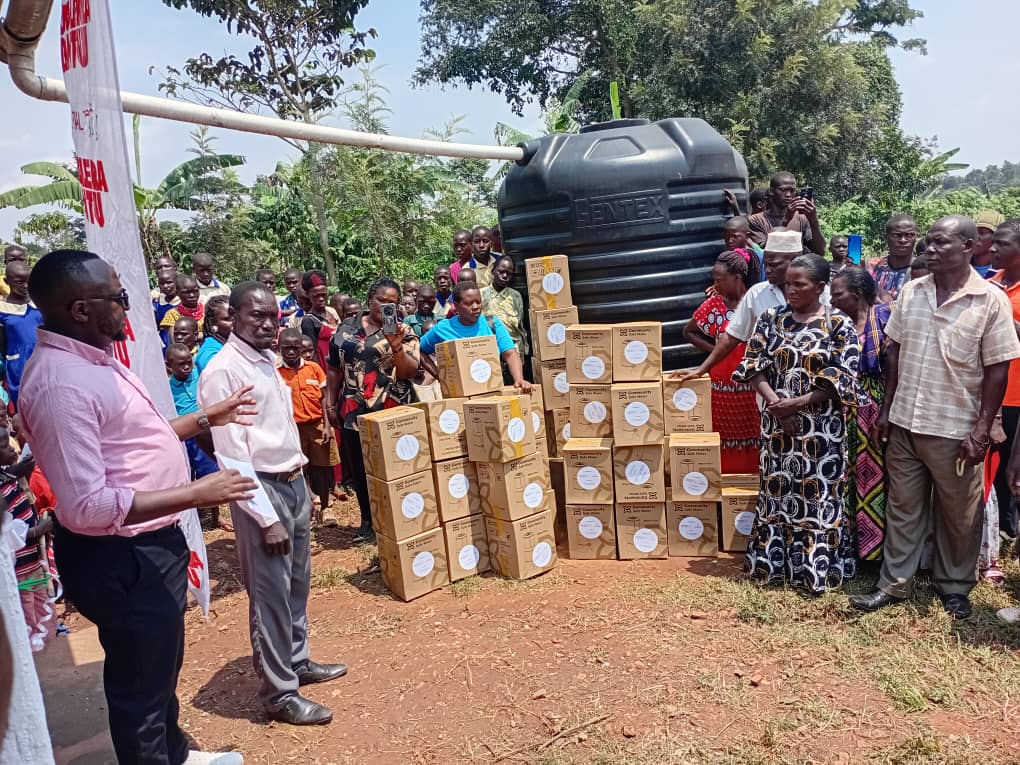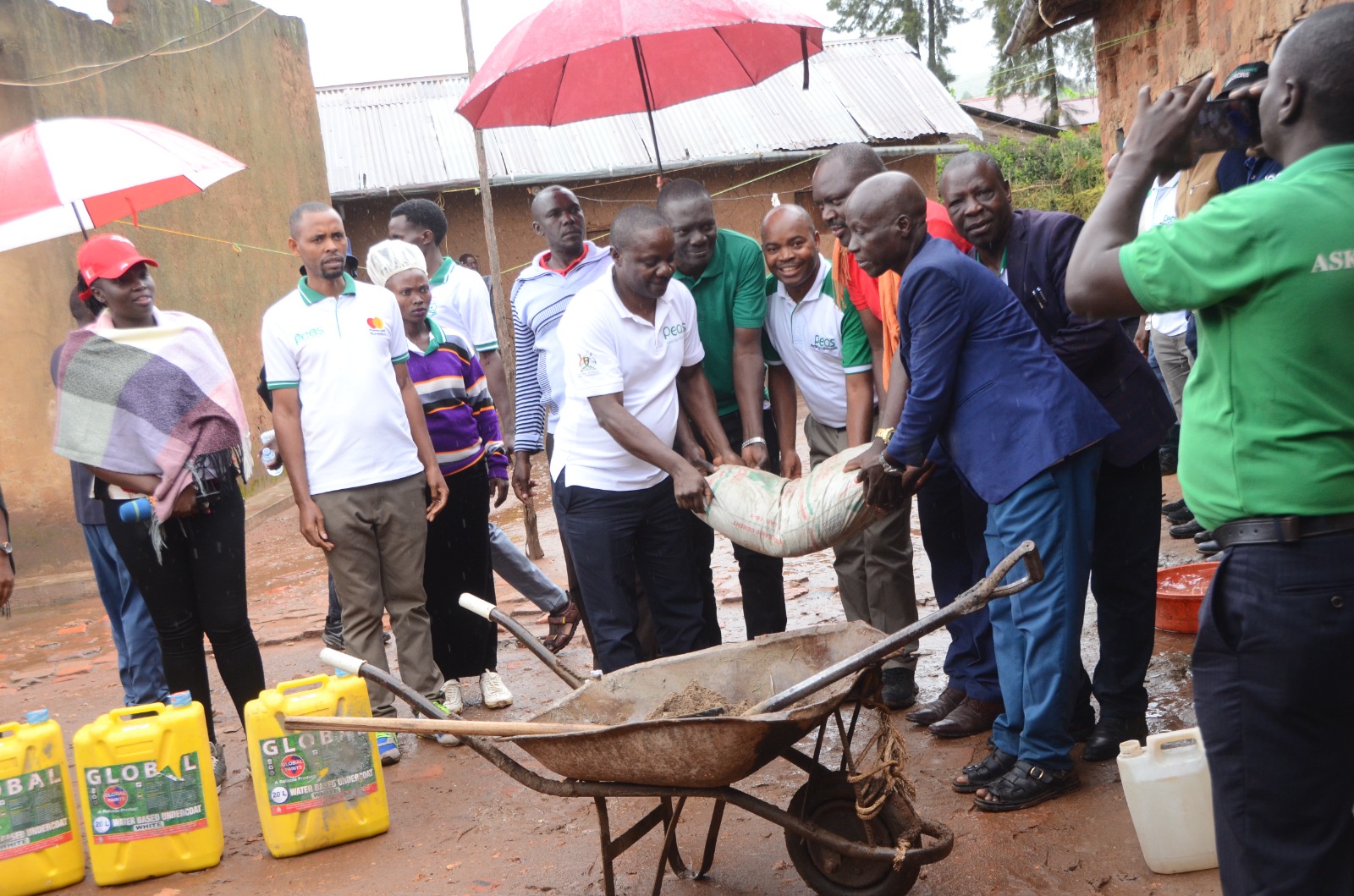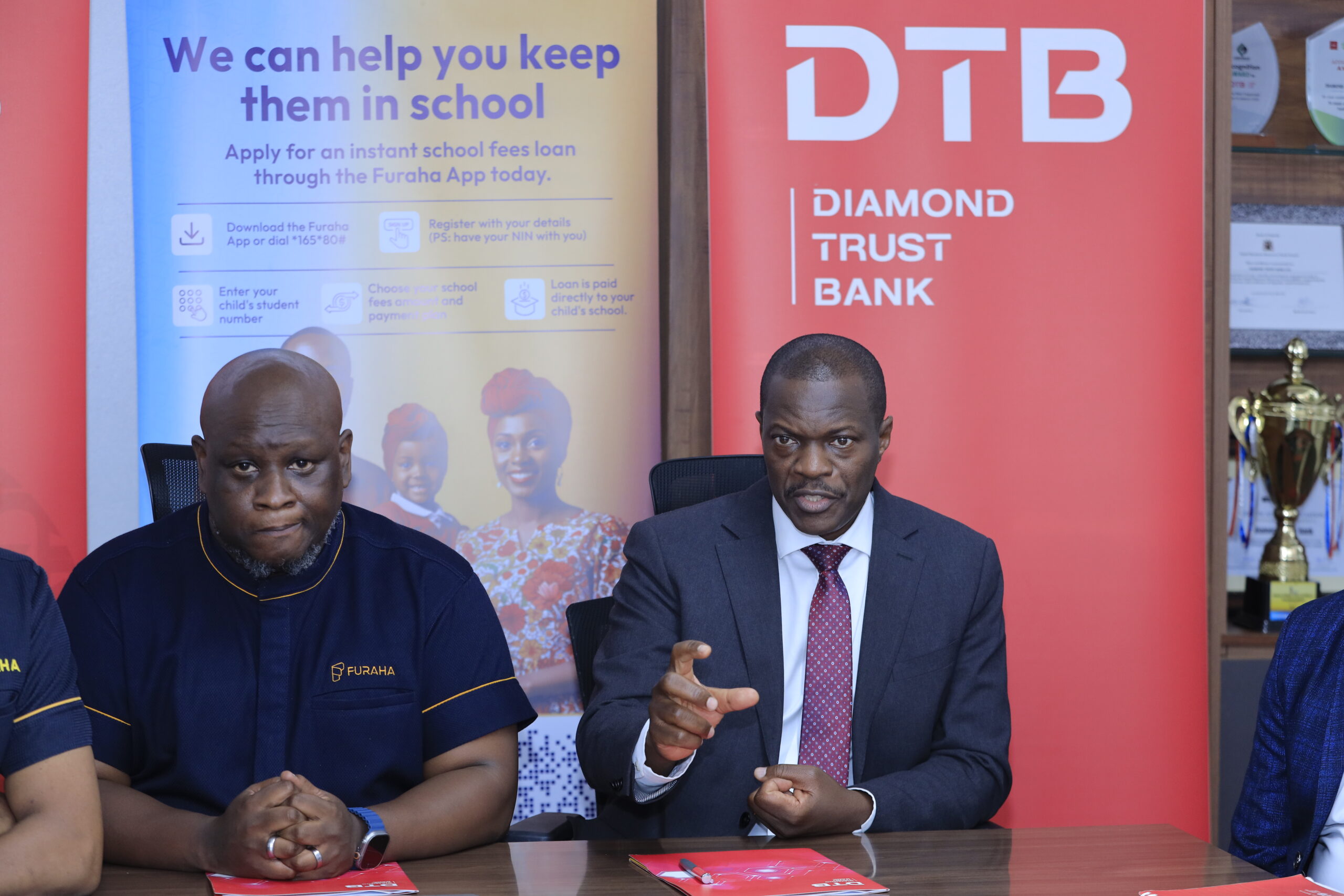119,000 Ugandan students gain access to safe drinking water
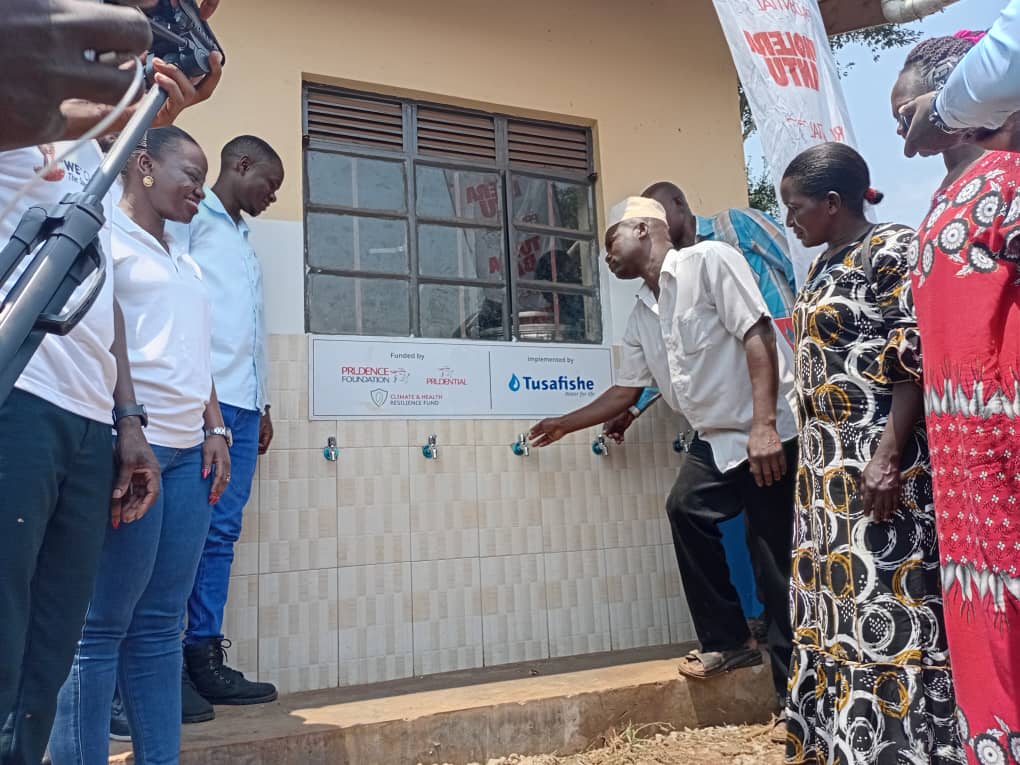
Teachers at Bulamuka Primary School in Kamuli test out the new safe water facility during the closing ceremony
More than 119,000 students across Uganda now have access to safe drinking water following the completion of an eight-month project led by Prudential Uganda in partnership with local social enterprise Tusafishe.
The initiative, part of the Prudential Climate and Health Resilience Fund, saw the installation of 71 institutional water purification systems in schools and 40 household filters across Western and Eastern Uganda. The systems, which work without electricity, are designed for remote communities that often rely on unsafe springs and streams.
A lifeline for schools
The project reached schools in Fort Portal, Kyenjojo, Kyegegwa, Kamuli, Mbale, and Sironko. At Ulamuka Primary School in Kamuli, where the closing ceremony was held, the difference is already visible.
Two years ago, Prudential supported the school with new classrooms, sanitation facilities, and a kitchen, boosting enrollment from 120 to 650. This year, a safe water system was added.
“Without clean water, everything else is harder. A sick child can’t learn properly,” said Tetteh Ayitevie, CEO of Prudential Uganda, during the handover. He noted that up to 70% of diseases treated in Uganda are linked to poor sanitation and unsafe water.
Research backs this up. A 2017 study in Global Mental Health found that even a small increase in water insecurity in rural Uganda led to more school absences, costing children valuable learning time.
Community partnerships
For Tusafishe, which developed the filtration technology using moringa seed powder and decomposed granite, the project was also about sustainability.
“Our expertise in water purification, combined with Prudential’s commitment to community, has allowed us to deliver systems that are not only effective but also sustainable,” said Henry Othieno, CEO of Tusafishe.
He explained that beyond the school installations, Tusafishe distributed smaller domestic filters to nearby households. “If children only drink safe water at school but return home to unsafe water, they still fall sick,” he said.
More than water
The programme included training for students and 537 community members through Water and Environment Clubs. These clubs encourage young people to maintain the filtration systems and spread awareness about environmental protection.
Over 3,000 moringa and fruit trees were also planted, providing nutritional benefits, restoring forest cover, and contributing to climate resilience.
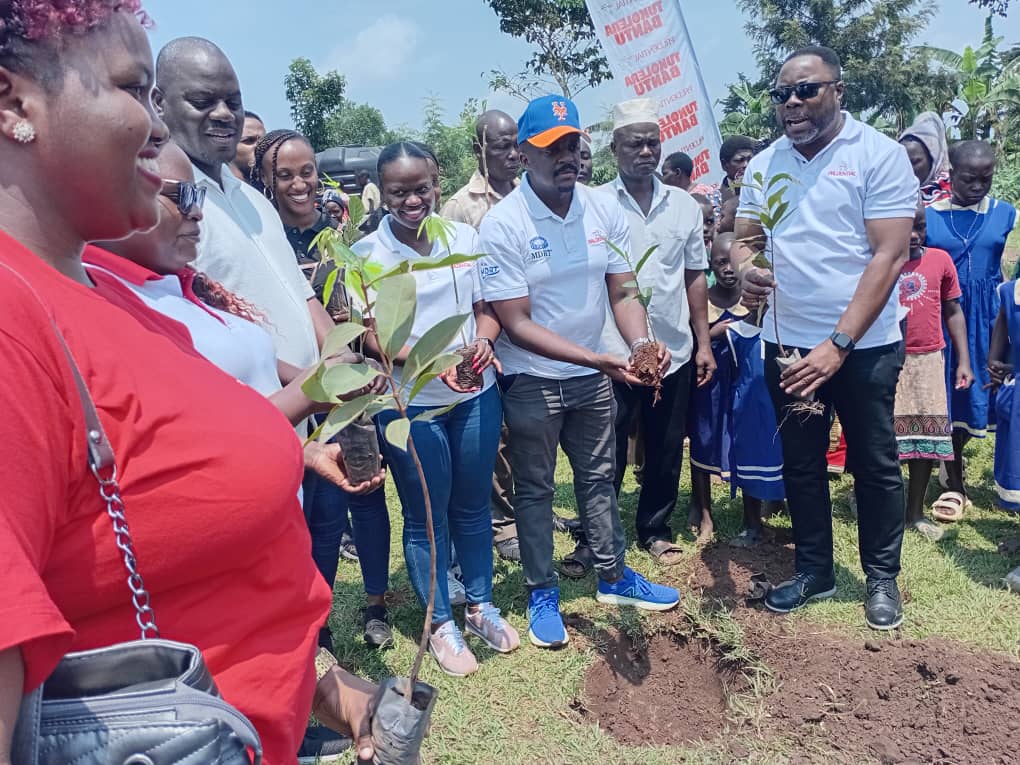
Bigger picture
According to UNICEF, 38% of Ugandans still lack access to safe drinking water, particularly in rural areas. For many schools, this means children must fetch water from unsafe sources, risking illness and missing lessons.
Prudential says its long-term goal is to continue addressing such challenges where possible. “When funds allow, we shall continuously work on projects like this to help improve the welfare of students in their pursuit of education,” said Peter Mugarura, Head of Marketing and Communications at Prudential Uganda.
Beyond the project
While the project has ended, both Prudential Uganda and Tusafishe say their collaboration shows that sustainable solutions are possible even in hard-to-reach areas. But they also acknowledge that the scale of Uganda’s water access problem means ongoing investment is needed.
As Othieno put it: “Every child, no matter where they live, deserves safe water.”
